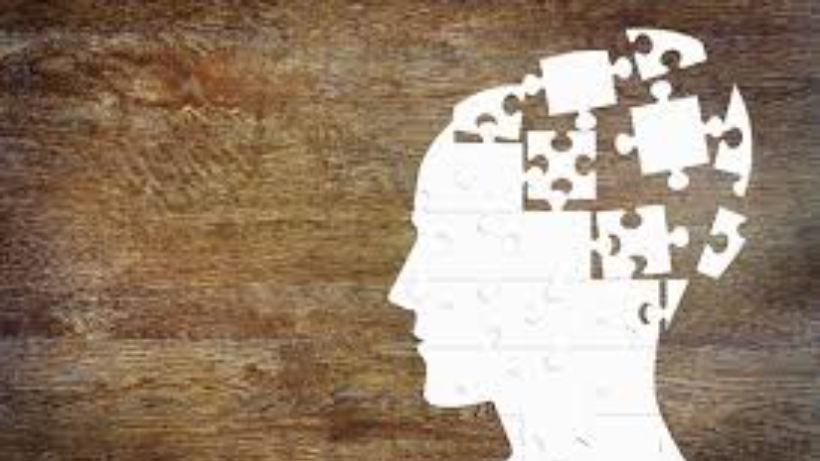
La mémoire compte : un regard plus attentif sur la maladie d'Alzheimer et la santé mentale
26 Oct, 2023
 Équipe Healthtrip
Équipe HealthtripAlzheimer's disease
Alzheimer's disease is a progressive neurodegenerative disorder that slowly destroys memory, thinking skills, and eventually the ability to carry out the simplest tasks. It is the most common cause of dementia, a general term for loss of memory, language, problem-solving and other thinking abilities that are severe enough to interfere with daily life.
Alzheimer's disease is characterized by the buildup of amyloid plaques and tau tangles in the brain. Amyloid plaques are deposits of a protein called beta-amyloid. Tau tangles are twisted fibers of a protein called tau. These plaques and tangles disrupt the communication between nerve cells in the brain, leading to the symptoms of Alzheimer's disease.
Transformez votre beauté, Boostez votre confiance
Trouver le bon cosmétique procédure adaptée à vos besoins.

Nous sommes spécialisés dans une large gamme des procédures cosmétiques

Let's look at some statistics to understand its impact
Over 55 million people worldwide live with dementia, of which Alzheimer's disease accounts for 60-70% of cases. (Source: Alzheimer's Disease International (ADI))
The number of people with dementia is projected to increase to 78 million in 2030 and 139 million in 2050. (Source: ADI)
60% of people with dementia live in low- and middle-income countries. (Source: ADI)
Every 3 seconds, someone in the world develops dementia. (Source: ADI)
Dementia is the seventh leading cause of death worldwide. (Source: World Health Organization (WHO))
60% of people with dementia live in low- and middle-income countries. (Source: ADI)
Types
1. Early-onset Alzheimer's:
This form of Alzheimer's typically strikes individuals under the age of 65, often in their 40s or 50s. Although less common than late-onset Alzheimer's, it presents unique challenges due to its impact on individuals during their prime working years and the added complexities it introduces to family and professional life. Genetic factors often play a more prominent role in the early-onset variant, highlighting the importance of understanding familial history for early detection.
2. Late-onset Alzheimer's:
Procédures les plus populaires dans Inde
Communication intera
Jusqu'à 80% de réduction
Noté à 90 %
Satisfaisant
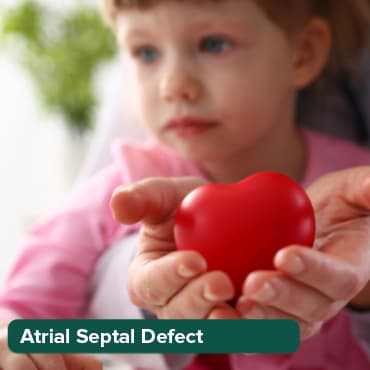
Angiographie coronar
Jusqu'à 80% de réduction
Noté à 90 %
Satisfaisant
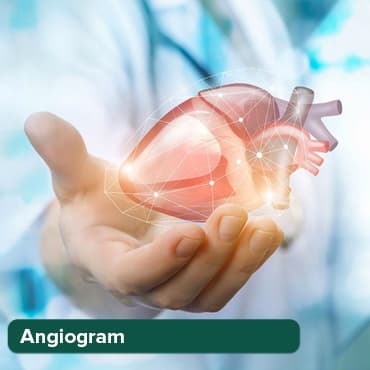
Angiographie coronar
Jusqu'à 80% de réduction
Noté à 90 %
Satisfaisant

Greffe du foie
Jusqu'à 80% de réduction
Noté à 90 %
Satisfaisant
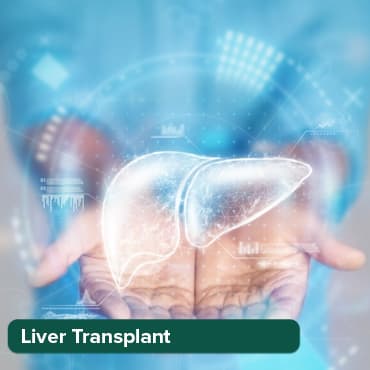
Arthroplastie totale
Jusqu'à 80% de réduction
Noté à 90 %
Satisfaisant
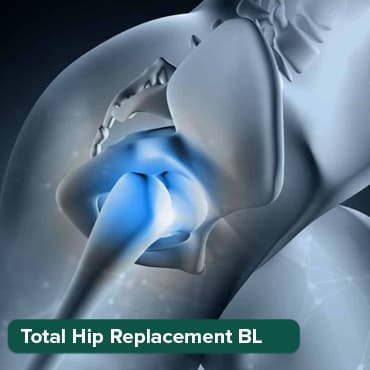
The most prevalent form, late-onset Alzheimer's, occurs in individuals aged 65 and older. As age remains the most significant risk factor, the incidence of late-onset Alzheimer's increases with advancing years. While genetics still play a role, other factors such as cardiovascular health and lifestyle choices become more pronounced in contributing to its development. Understanding the distinction between these two types is crucial for accurate diagnosis and tailored caregiving approaches.
Diagnosis of Alzheimer's Disease
1. Medical History and Physical Examination:
The diagnostic journey often begins with a thorough review of an individual's medical history and a comprehensive physical examination. This helps healthcare professionals gain insights into potential risk factors, underlying health conditions, and observable symptoms that may point towards Alzheimer's.
2. Cognitive and Neurological Tests:
Specialized cognitive assessments and neurological tests are employed to evaluate memory, language skills, problem-solving abilities, and overall cognitive function. These tests provide a baseline and aid in tracking changes over time, helping to distinguish Alzheimer's from other cognitive disorders.
3. Imaging Tests (MRI, CT scans):
Advanced imaging technologies, such as Magnetic Resonance Imaging (MRI) and Computed Tomography (CT) scans, play a crucial role in the diagnostic process. These scans offer detailed images of the brain, helping to identify structural abnormalities, rule out other potential causes of symptoms, and provide a visual reference for healthcare professionals.
4. Biomarker Tests:
Biomarker tests involve analyzing certain substances in the blood or cerebrospinal fluid that may indicate the presence of Alzheimer's-related changes in the brain. These tests, still evolving in clinical use, contribute valuable data for a more accurate and early diagnosis, enabling timely intervention and management.
Treatment of Alzheimer's Disease
1. Medications (Cholinesterase Inhibitors, Memantine):
Medications are often employed to manage symptoms and slow the progression of Alzheimer's. Cholinesterase inhibitors, such as donepezil, rivastigmine, and galantamine, enhance communication among nerve cells, temporarily alleviating cognitive symptoms. Memantine, another medication, regulates glutamate activity in the brain, providing relief from symptoms, particularly in the later stages of the disease.
2. Lifestyle Interventions (Healthy Diet, Physical Activity):
A holistic approach to Alzheimer's treatment includes lifestyle modifications. Adopting a healthy and balanced diet, rich in fruits, vegetables, and omega-3 fatty acids, supports overall brain health. Regular physical activity, tailored to an individual's abilities, has been shown to have positive effects on cognition and may slow down cognitive decline.
3. Cognitive Stimulation Therapy:
Engaging in cognitive stimulation activities is beneficial for individuals with Alzheimer's. These activities, which can include puzzles, games, and social interactions, aim to keep the brain active and may help preserve cognitive function. Cognitive stimulation therapy is often integrated into care plans to enhance mental well-being and maintain cognitive abilities for as long as possible.
While there is no cure for Alzheimer's, a combination of these treatment modalities is employed to enhance the quality of life for individuals with the disease. The goal is to manage symptoms, slow down the progression of cognitive decline, and provide support for both individuals and their caregivers. Ongoing research continues to explore new avenues for treatment and intervention.
Risk Factors for Alzheimer's Disease
1. Age: The primary risk factor for Alzheimer's is age. The likelihood of developing the disease increases significantly with advancing age, particularly after 65.
2. Family History: A family history of Alzheimer's raises the risk of developing the disease. Individuals with a first-degree relative, such as a parent or sibling, who had Alzheimer's are at a higher risk.
3. Genetics: Certain genetic factors can contribute to the development of Alzheimer's. While familial cases exist, involving specific gene mutations, the majority of cases are considered sporadic.
4. Down Syndrome: Individuals with Down syndrome are at an elevated risk of developing Alzheimer's. The extra chromosome 21, which is characteristic of Down syndrome, often contains the gene associated with Alzheimer's.
5. Mild Cognitive Impairment (MCI): Having mild cognitive impairment, which involves noticeable cognitive decline beyond what is expected for a person's age but not meeting the criteria for dementia, increases the risk of progressing to Alzheimer's.
These risk factors is crucial for early detection and proactive management of Alzheimer's Disease. Regular monitoring and lifestyle modifications can be implemented to mitigate risks and support overall brain health.
Complications of Alzheimer's Disease
1. Worsening Cognitive Function: As Alzheimer's progresses, cognitive function steadily declines. Memory loss, impaired reasoning, and difficulty with problem-solving become more pronounced, impacting daily life and independence.
2. Inability to Perform Daily Tasks: Individuals with Alzheimer's may face challenges in performing routine activities. Simple tasks, such as dressing or preparing meals, become increasingly difficult, leading to a decline in self-sufficiency.
3. Behavioral and Mood Changes: Alzheimer's often manifests in behavioral and mood changes. Individuals may experience agitation, anxiety, depression, or aggression. Understanding and managing these changes is crucial for both the affected individual and their caregivers.
4. Physical Complications (Malnutrition, Infections): Progressive cognitive decline can contribute to physical complications. Individuals may forget to eat, leading to malnutrition. Additionally, difficulties in communication and hygiene may increase the risk of infections, necessitating vigilant care and support.
The multifaceted challenges posed by Alzheimer's Disease, emphasizing the need for comprehensive care that addresses not only cognitive decline but also the broader impact on daily functioning and overall well-being.
Prevention of Alzheimer's Disease
1. Healthy Lifestyle Choices: Adopting a healthy lifestyle can contribute significantly to reducing the risk of Alzheimer's. A balanced diet rich in fruits, vegetables, and omega-3 fatty acids provides essential nutrients for brain health. Limiting alcohol intake and avoiding smoking are additional lifestyle choices that can positively impact overall well-being.
2. Cognitive Stimulation: Keeping the brain active and engaged through cognitive stimulation is a preventive measure against Alzheimer's. Activities such as reading, solving puzzles, learning new skills, and engaging in intellectually stimulating conversations contribute to cognitive resilience.
3. Regular Physical Activity: Physical exercise has been consistently linked to a lower risk of Alzheimer's. Regular aerobic exercise, such as walking, swimming, or dancing, improves blood flow to the brain and promotes the growth of new neurons. Aim for at least 150 minutes of moderate-intensity exercise per week.
4. Management of Cardiovascular Risk Factors: Cardiovascular health is closely connected to brain health. Managing risk factors such as high blood pressure, diabetes, and high cholesterol through lifestyle modifications or medication can contribute to a reduced risk of Alzheimer's. A heart-healthy lifestyle often translates to brain health.
Outlook for Alzheimer's Disease
1. Progressive Nature of AD:
Alzheimer's Disease is inherently progressive, meaning symptoms worsen over time. Understanding and preparing for this progression is essential for both individuals with Alzheimer's and their caregivers. It underscores the importance of early intervention and ongoing support to enhance quality of life.
2. Impact on Caregivers and Family:
Alzheimer's not only affects the individual diagnosed but also has a profound impact on caregivers and family members. The emotional, physical, and financial toll can be substantial. Support networks and resources for caregivers are crucial in navigating the challenges presented by the disease.
3. Ongoing Research for New Treatments and Interventions:
The landscape of Alzheimer's research is dynamic, with ongoing efforts to unravel the complexities of the disease. Researchers are exploring new treatments, interventions, and potential preventive strategies. Staying informed about advancements in research is essential for a hopeful outlook and the prospect of improved management and, eventually, a cure.
In the journey through Alzheimer's, where memories may fade but resilience persists, a key takeaway emerges — early detection and comprehensive care are vital. It's not just a medical challenge; it profoundly affects caregivers and families, highlighting the need for robust support. Simple choices in our daily lives — what we eat, how we stay active, and managing health — can be powerful shields. And in the background, ongoing research sparks hope for a future where Alzheimer's is better understood and managed.
In the midst of this complex landscape, the strength of the human spirit shines, reminding us that, even in the face of Alzheimer's, there's room for understanding, support, and the unwavering pursuit of a brighter tomorrow.
Soins de bien-être
Donnez-vous le temps de vous détendre
Prix les plus bas garantis !

Prix les plus bas garantis !




